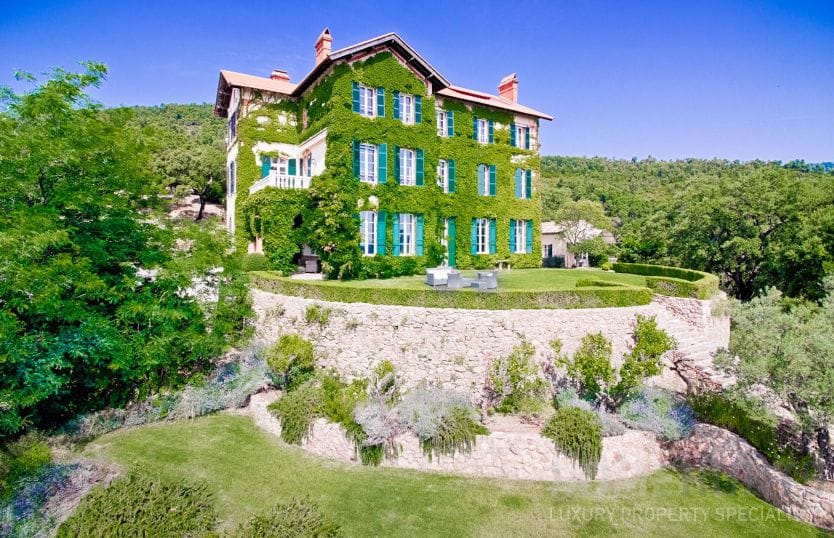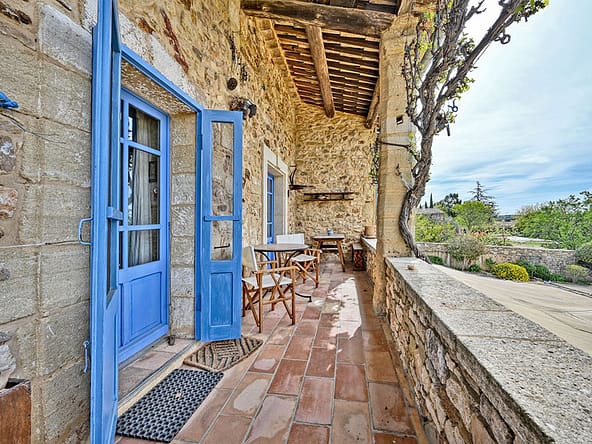Do you consider yourself to be a serious overseas property investors who’s looking to buy a real estate property in France. French property is practically always in demand, with people from all over the world searching for real estate in France so they can live there full-time or have a holiday home to retreat too. And now, with people more willing than ever to relocate and start over in a new location, with a new way of life, the interest in French property is positively booming. Plus, sales are rebounding and increasing after the property market was temporarily put on pause due to the covid pandemic.
If you’re interested in investing in property in France, you’re in the right place. In this article we’ll cover what overseas investors need to know about buying French property.
Table of Contents
Mortgages
Overseas investors looking to purchase property in France shouldn’t have much trouble getting a mortgage from a French bank. The process itself may be different from buying property in your home country, particularly when it comes to taxes, but you’ll go through similar steps that French residents do when they purchase property in France. It’s possible that you may have to show more criteria than residents, though, and that fewer banks and mortgage products will be offered to you.
Don’t let that deter you, though. French property sales to overseas buyers are very popular, so many banks will be able to cater to your needs. Make sure to ask for a representative who speaks your language, or consider hiring a translator. Eventually, you’ll want to learn the language if you’re going to be living in France permanently or for weeks or months at a time, but until you’re fluent, having a translator who you hire (instead of one who’s provided) is the next best option.
Also, while it’s not too difficult to get a mortgage in France, be prepared for restrictions on how much you can borrow, as some lenders will only offer half the property value to a non-European Union citizen.
Taxes and Fees
There are two main taxes that you have to be aware of when you purchase residential property in France. Both of them are due each year on January 1.
- Land tax, or taxe foncière: The amount of this tax is based on the property’s annual rental value, multiplied by a percentage that varies by area. Typically, it’s about 1% if the property is used as your main residence and 3% if it’s your second home.
- Local taxes, or taxe d’habitation: This is only due if this is your second property, and the rate depends on the local fees and the condition and size of the property.
Additionally, if your real estate assets are worth more than a specific amount, you may be required to pay the wealth tax.
There are also several fees to be prepared for when buying property in France. Here’s what you should expect to pay:
- Estate agent fees, unless they’re paid by the seller (typically 5% to 8%)
- Mortgage fees when using a French bank (1% arrangement fee, plus the cost of the valuation survey)
- Notaire fees (range from approximately .8% to over 3.9%)
- Stamp duty (5.8%)
The property valuation is especially important. This is a professional assessment of the property you’re buying, and it’s handled by a neutral party. The property’s building, environment, land and other important features will be assessed so that a reasonable price for the property can be determined. While it can be difficult to arrange for this when you’re still overseas and not yet in France, it’s an integral part of the buying process and especially important for you specifically because you’re far from your new potential home.
Visa Requirements
Whether or not you need a French visa depends on how long you plan to stay in the country and what you’ll be doing while you’re there. If you’re going on holiday (which means you won’t be earning an income during your time there) and will be staying for less than three months, you likely don’t need a visa. Otherwise, it’s possible that you will need a long-stay visa to work in France and/or stay there for longer than three months.
Residency laws state that visitors can spend 90 out of every 180 days in France without having a visa. That means that, in a year, you can spend a total of six months in France without needing a visa, but you have to break up that time since you can only spend 90 successive days there at a time.
The safest option is to contact the French embassy to ask about visa requirements and figure out exactly what you’ll need, if anything. You can also ask for details about how and when to apply for permanent residency, including eligibility requirements.
Property Maintenance
Overseas investors don’t always plan to spend the majority of their time at their new property. If you’re only going to be there part of the time, or you plan to rent out the property year-round, you have to put some thought into how you’ll maintain the home in your absence. There are some homes for sale in France that are situated in a managed community, which means that everything from housekeeping to landscaping can be taken care of while you’re not there. You can also hire a management company that will take care of maintenance and let you know about problems as they arise.
Summary of Advice for Overseas Property Investors
All in all, investing in French property is relatively straightforward, as there aren’t restrictions on foreigners purchasing French property. And while the process for a non-resident can be somewhat tedious and filled with paperwork, having professionals explain what’s happening and help you out at each step will make it go much smoother.
HOMEHUNTS property agents are able to find the very best French property based on your requirements. Search our website and browse our selection of luxury homes. Alternatively, you can speak directly to one of our property consultants by calling +33 (0)970 44 66 43.




